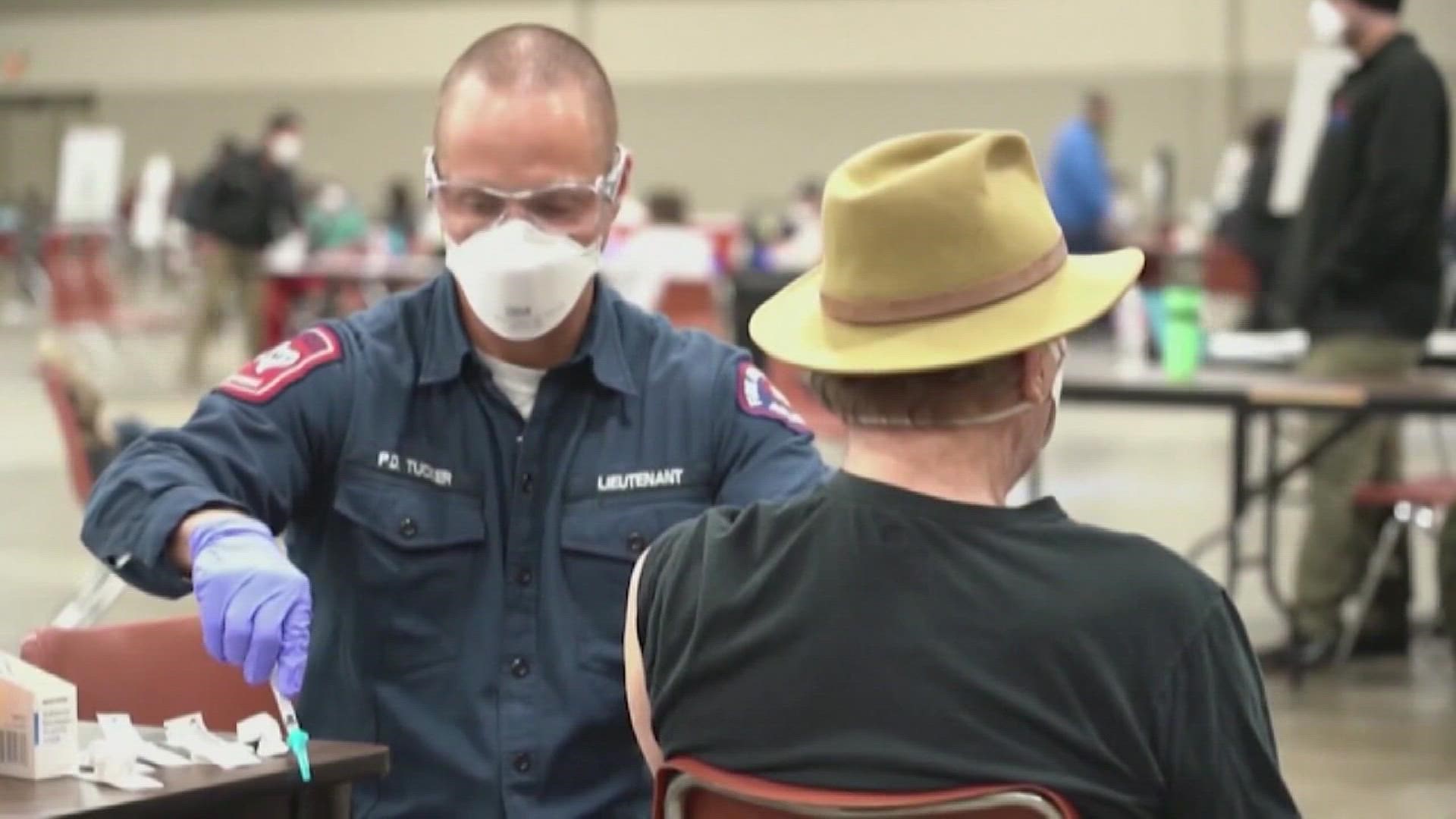MOLINE, Ill. — Amid growing global concerns over the new omicron coronavirus variant, local health officials warn it's only a matter of time before the strain possibly reaches the Quad City region.
The strain, first reported last week in South Africa, has now been detected in Canada, Europe, Hong Kong, Australia and over half a dozen South African countries.
While experts are still researching how deadly the mutation is, there is concern it could be more transmissible than current strains, including the dominate delta variant.
There is also belief that the current vaccines are able to account for omicron, with health officials maintaining it is still the best protection against the virus.
By Monday, Moderna had announced it was mobilizing hundreds of employees to test its vaccine's effectiveness against omicron, while Pfizer says its vaccine could potentially be reworked in roughly 100 days to better counter the strain.
It's why local health officials are now calling for a renewed push for vaccinations, booster shots and masks.
"We all want this to be over. And the best way for it to be over is to get to a high level of vaccination," said Janet Hill, Chief Operating Officer of the Rock Island County Health Department. "About 50% of our population is not vaccinated."
Hill says that large population of unvaccinated individuals creates concern for future variants, especially ones the current vaccines might not be able to handle.
"Anytime the virus is able to be duplicated there's a possibility that it may mutate beyond what our current vaccines can do," she said.
All of this comes just days after a Thanksgiving holiday that saw a record-breaking amount of travelers in this pandemic-era, and in the midst of rising local case numbers.
On Monday, Genesis Health System had 53 patients hospitalized with Covid-19. It's the most Genesis has had since Dec. 2020.
"The holidays last year were part of the biggest (Covid) spike that we've seen," said Dr. Louis Katz, infectious disease expert. "We expect that things aren't gonna be fun between now and the middle of January."
However, Katz says there's little reason to panic over omicron, especially with so much still unknown.
"I would rather be ahead of the curve than behind the curve," he argued. "And for the most part of the pandemic, we've been behind the curve, responding only when we were very, very confident of what we were going to say."
He says by this point, the U.S. has the necessary infrastructure in place to quickly move, examine and disperse thousands of tests and vaccines, making both more accessible to people.
"In the meantime, completing a primary vaccination series is critical," said Katz. "Chances are that even if the vaccines aren't as effective against (omicron) as delta, they'll still remain very effective."
And beyond vaccinations, he says the use of 'non-pharmaceutical interventions' also remain critical.
Things like wearing a mask, social distancing, avoiding large crowds, and all the other pandemic-protocols we've picked up over the last two years will continue to make a difference in our fight against this virus, according to Katz.
"Getting immunized and paying attention the non-pharmaceutical interventions we've been talking about for many months is really where we should be now, as opposed to getting panicky or nervous about what's going to happen tomorrow," said Katz.

